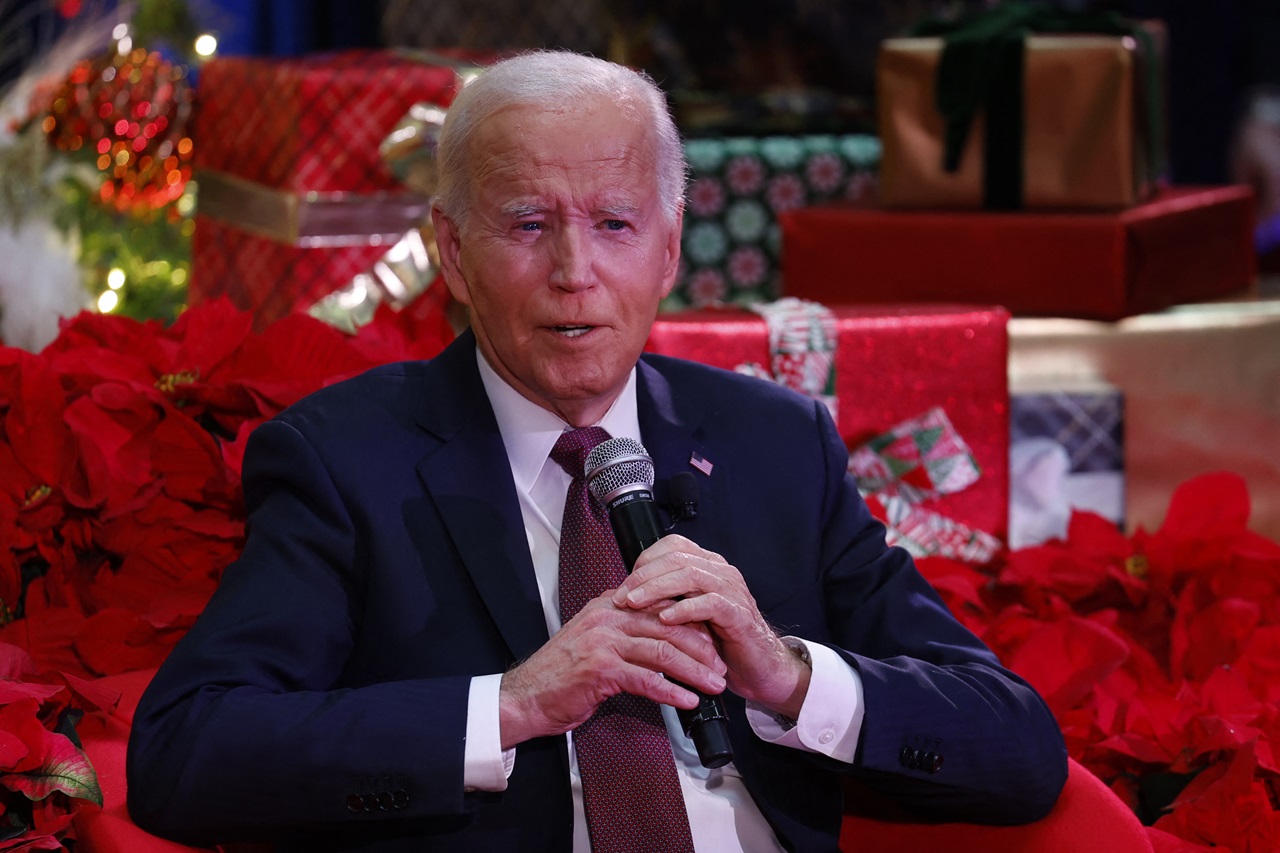
Fast food workers strike as debate around raising the minimum wage heats up
The long-overdue raise could be a crucial part of President Joe Biden’s $1.9 trillion COVID-19 relief package.
Fast-food workers across 15 cities will be holding a Black History Month strike on Tuesday, Feb. 16, to demand that McDonald’s, Burger King and Wendy’s restaurant chains pay them $15 an hour.
TUESDAY THE 16TH DO NOT CROSS THE PICKET LINE
—(@thedemonicalien) February 14, 2021
*MCDONALD'S, BURGER KING, AND WENDY'S* WORKERS ARE FIGHTING FOR A LIVING WAGE.
**DO NOT** ORDER FROM ANY OF THESE PLACES ON TUESDAY, THE 16TH https://t.co/T0VFiE5MQJ
The action comes as Congress prepares to debate a federal rise in the minimum wage from its current rate of $7.25 to $15, the first raise since 2009.
Workers in cities including Charleston, Chicago, Detroit, Houston, St. Louis and Atlanta will be joined by home care and nursing home care workers in support of a $15 minimum wage increase as well as the right to unionize.
Fast food workers will strike in 15 cities on Tuesday to demand a $15 minimum wage, while nursing home employees and home health aides will hold actions pic.twitter.com/nN5ZEhFeiA
— Bryce Covert (@brycecovert) February 12, 2021
“This Black History Month, we have a chance to make our own history by winning a living wage of at least $15 an hour and lifting millions of families out of poverty,” said Taiwanna Milligan, a McDonald’s employee from Charleston, South Carolina.
Milligan added that McDonald’s has been amassing billions of dollars off the backs of workers like her, and that she is going on strike because she needs the wage increase to survive.
“I know the only way to make change is to stand up, speak out and demand it,” she said.
The eight-year Fight for $15 movement has made substantial progress in recent years as states including New York, Florida and California voted to increase their minimum wages to $15 an hour.
We won $15 in California.
— Fight for $15 LA (@Fightfor15LA) February 9, 2021
Now we have a chance to win for 32 million workers nationwide.
Let's get it done. #FightFor15 pic.twitter.com/DEB76LW7qk
A Congressional Budget Office report published on Feb. 8, calculated that 27 million Americans would benefit from a raise and 900,000 people would be lifted out of poverty.
Gloria Machua, a 20-year old McDonald’s worker from Houston, Texas, said she was currently making $9.50 an hour, which is “not nearly enough.” For Machua, a $15 minimum wage would give her more time to spend with her children, and alleviate her worries about paying pills and keeping herself and her family well-fed.
Machua said that passing this bill is even more important during the coronavirus pandemic.
“It's just very stressful thinking about how I can pay doctor’s bills and having to work when I could get sick,” she said.
RELATED CONTENT
Missing just one day of work could be a “major setback” for her financially.
“My message to President Biden is it’s very important to pass this, it would make a big difference not just for me but for all the others that are struggling,” Machua said.
During his election campaign, President Joe Biden did pledge to increase the minimum wage as part of his oath to reduce racial economic inequality, but has recently suggested that the increase may not make it into the coronavirus relief package.
Senator Bernie Sanders, a long-time supporter of the union backed Fight for $15 movement, along with others are working to ensure that the federal raise remains part of the package.
A $15 minimum wage is not a radical idea. What's radical is the fact that millions of Americans are forced to work for starvation wages, while 650 billionaires became over $1 trillion richer during a global pandemic. Yes. We must raise the minimum wage to a living wage.
— Bernie Sanders (@SenSanders) February 14, 2021
On Thursday, Feb. 11, House Speaker Nancy Pelosi confirmed that the wage rise will be included in the House bill, but that it will face a tougher fight in the Senate, where Democrats only hold a slight majority. What Democrats are hoping for now is to pass the bill through a “budget reconciliation” process, which would only require a simple majority vote in the Senate.
Mary Kay Henry, the first woman president of the Service Employees International Union (SEIU), feels that this fight is the “David and Goliath story of our time.” The SEIU has been funding and supporting the Fight for $15 movement for years, and Henry believes that this battle is just the start of a greater push for worker’s rights, especially in a service sector where women and people of color make up a disproportionate number of workers.
“If the U.S. Congress can’t see what the American people are demanding, in terms of ‘respect us, protect us, pay us,’ then they’re going to have a political price to pay in 2022. Congress has used its rules to pass trillions of dollars in tax cuts for billionaires and massive corporations, so now it’s time for our nation’s leaders to give tens of millions of essential workers a raise,” Henry said.











LEAVE A COMMENT:
Join the discussion! Leave a comment.